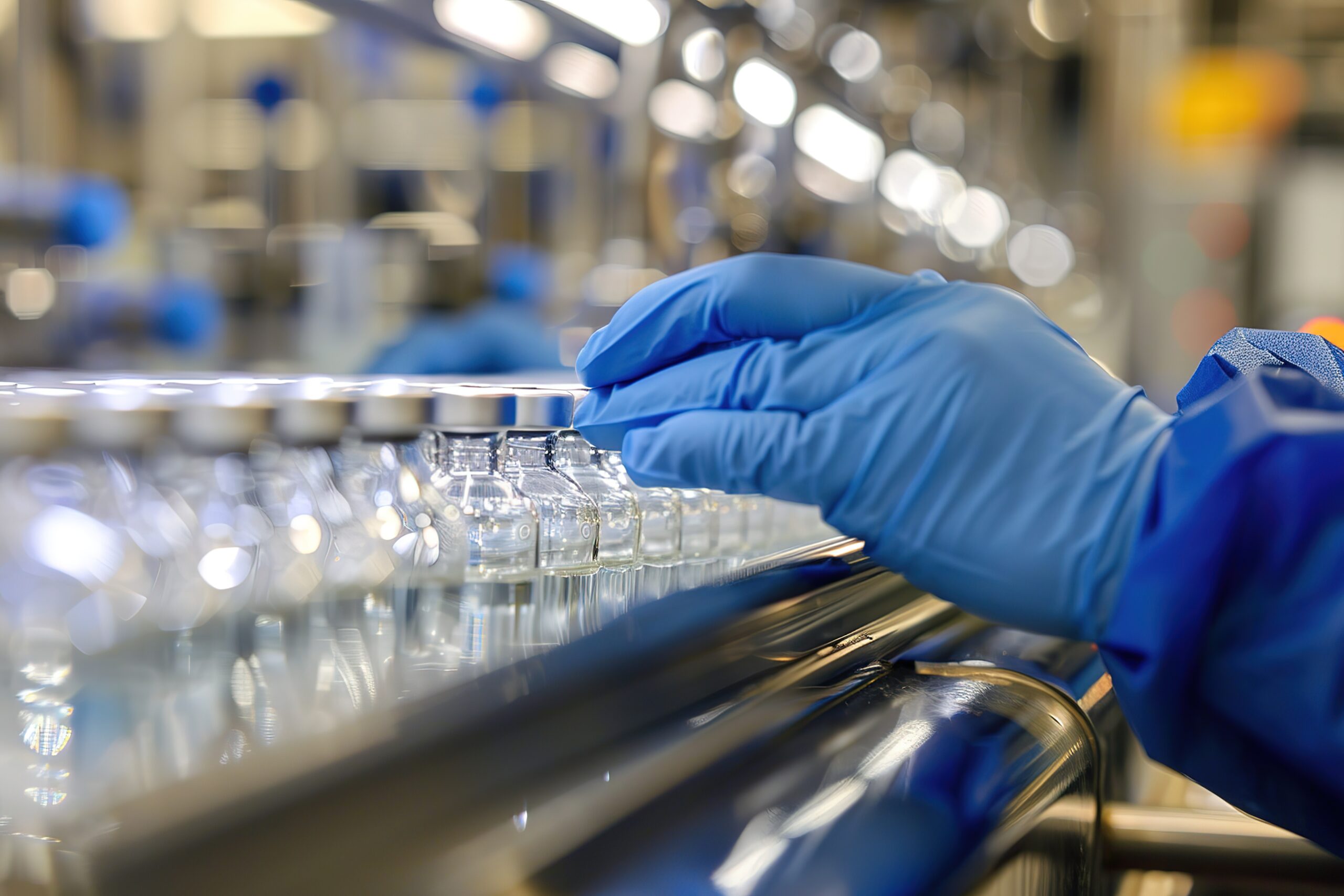Artificial skin technology is one of the most effective alternatives to animal testing. This method involves cultivating human skin cells in a lab to create artificial skin tissue that closely resembles human skin in both structure and function. Artificial skin can be used extensively for safety testing of cosmetics, drugs, and chemicals. Animal testing often yields unreliable results as animal skin reacts differently from human skin. In contrast, artificial skin provides more accurate results by simulating human conditions. This technology not only reduces animal suffering but also strengthens the ethical aspect of research.
Case Study: Use of Artificial Skin in the Cosmetics Industry
In 2013, the European Union banned animal testing for cosmetics, leading to widespread adoption of artificial skin technology for safety evaluations. A prominent example is L’Oréal, which uses artificial skin models to test the safety of its products. The company employs skin models created from human skin cells to test for allergic reactions, irritation, and more. This approach allows them to avoid animal testing while ensuring product safety. This case illustrates how artificial skin technology contributes to reducing animal testing in a practical way.





